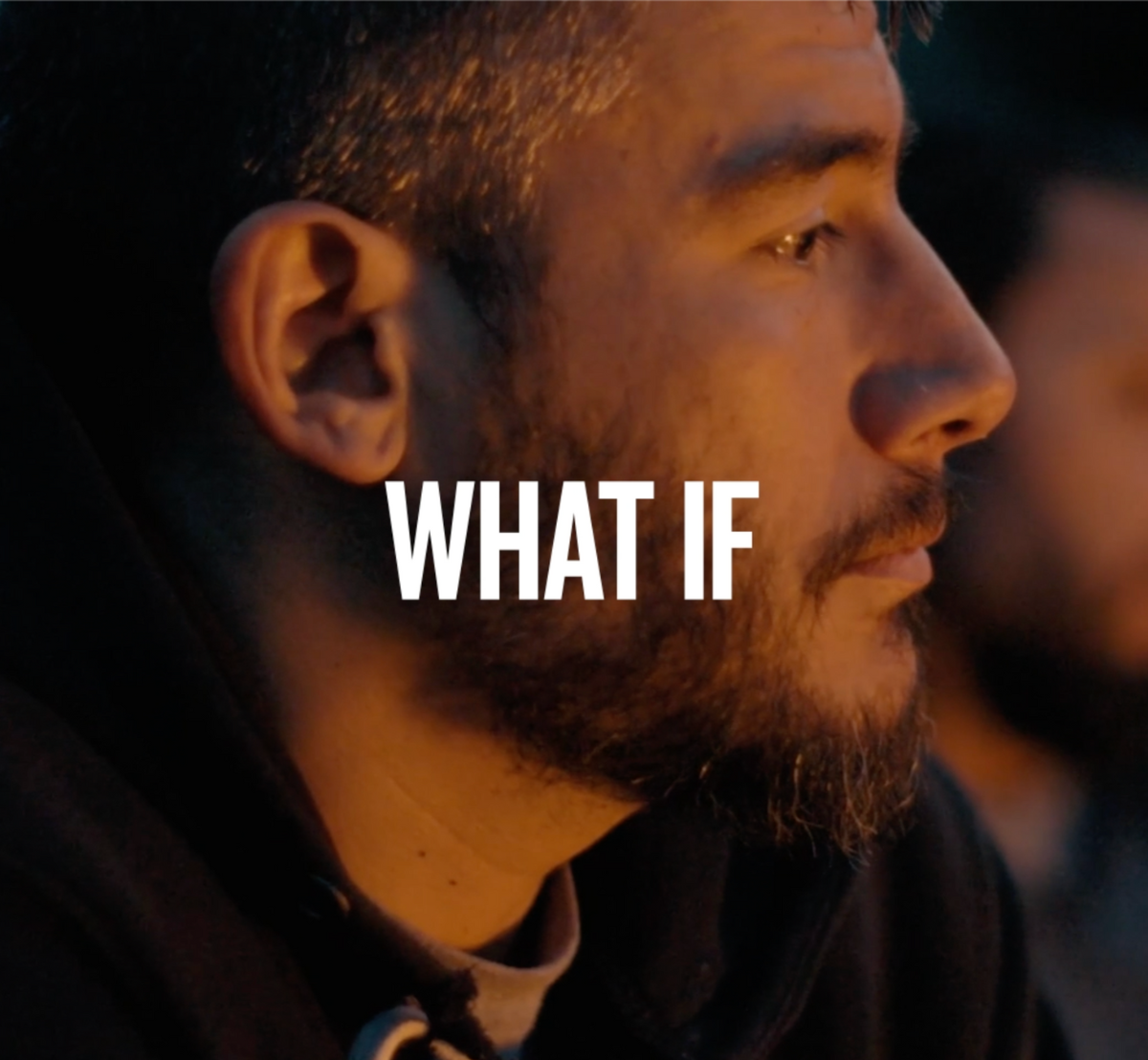In this study centrality of event was found to be a unique predictor of both distress and growth. The authors emphasize the importance of further research in understanding centrality of events in the process of PTG. They also encourage clinicians to consider centrality when working with individuals who have experienced trauma.
Disruptions to core beliefs, rumination, and finding meaning have been associated with the development of posttraumatic distress (Janoff–Bulman, 1992, 2006). These variables have also contributed to the development of posttraumatic growth, which is the experience of a positive life change as the result of a traumatic experience (Tedeschi & Calhoun, 1996).
A new variable, centrality of event, has recently been implicated in both processes (Boals & Schuettler, 2011), although it remains unclear if centrality of event is a unique contributor to posttraumatic outcomes beyond the influence of other variables known to do so.
Central events may also be viewed as a turning point in one’s life story and become a core component of one’s personal identity.
The present study examined the unique contribution of centrality of event to the development of both posttraumatic distress and posttraumatic growth. Centrality of event was a unique predictor of both variables. This seemingly paradoxical finding underscores the need for further research in this area, particularly concerning the perceived valence of a major event that may be interpreted as central. Clinicians may usefully attend to centrality when working with individuals who have experienced a potentially traumatic event.
Read the Article “The Role of Centrality of Events in Posttraumatic Distress and Posttraumatic Growth” https://psycnet.apa.org/doi/10.1037/a0028809
Give strength & hope to those who serve
Your support powers life-changing programs offered at no charge to veterans, military, first responders, and their families. With your help, our Warriors won't just survive — they'll thrive.

